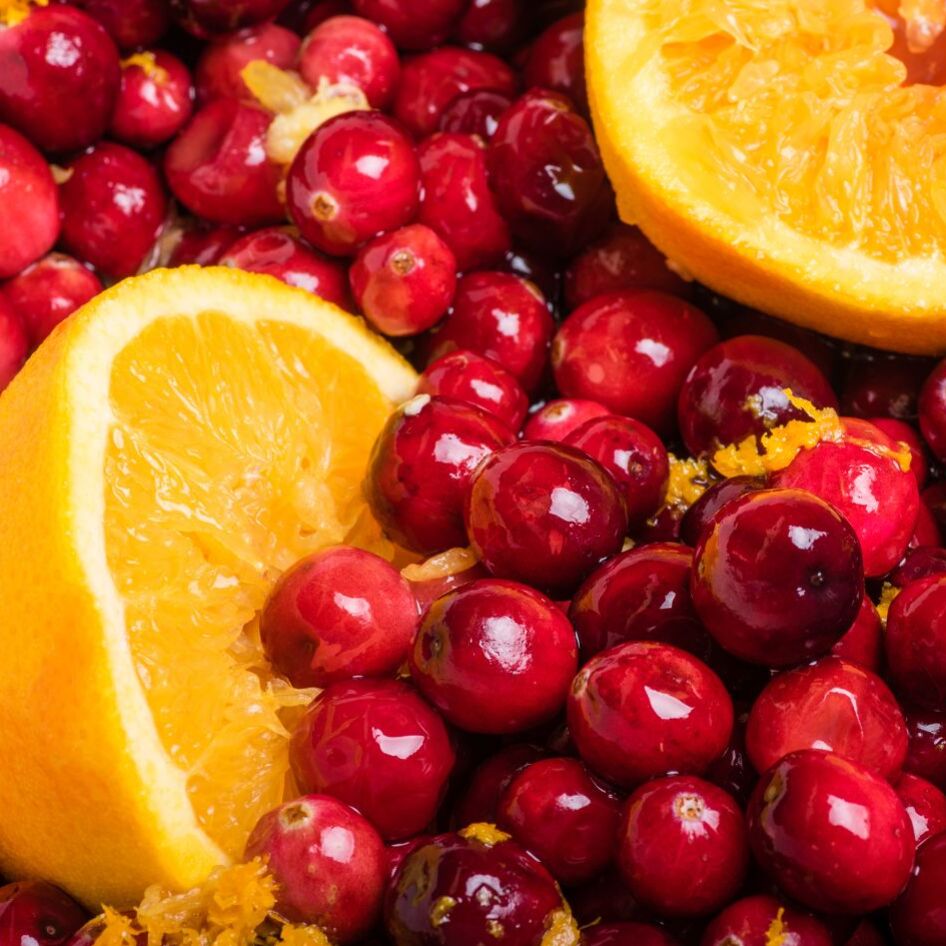Animal Agriculture Makes Planet “Infect-able”
Experts identify intensive animal production as leading cause for antibiotic resistant “superbugs” in humans.
January 18, 2017
Experts at England’s University of Exeter (UE) believe animal agriculture is perpetuating the spread of epidemics amongst humans. A recent feature in scientific news outlet Phys.org focused on the research of UE professor and author of Pathological Lives Stephen Hinchliffe, who revealed that the global demand for poultry has created conditions that “are putting humans and animals at risk.” Hinchliffe explains that accelerated production, the use of antibiotics, and population densities have created an environment where the transmittal of viral infections between animals and humans is eminent. “As any epidemiologist will tell you, a microbe can only become deadly or pathogenic if there are the right environmental and host conditions,” Hinchliffe says, adding, “Bird numbers and altered bodies have, in short, made the planet more ‘infectable.’” Hinchliffe’s theory seems to hold true for other animals produced for food. Reports surfaced last week uncovering that after being treated with every available form of antibiotics, a Nevada woman—infected with carbapenem-resistant Enterobacteriaceae, the same “superbug” found in a pig on a US farm by Ohio State University researchers last month—succumbed to her illness.
JUMP TO ... Latest News | Recipes | Guides | Health | Subscribe







